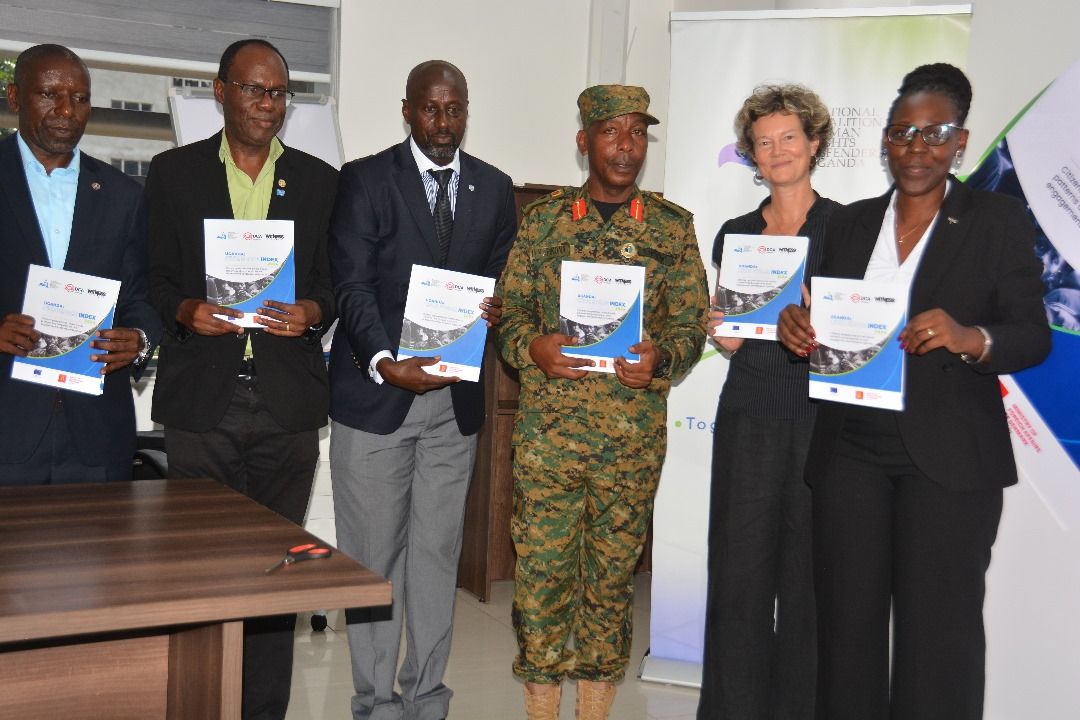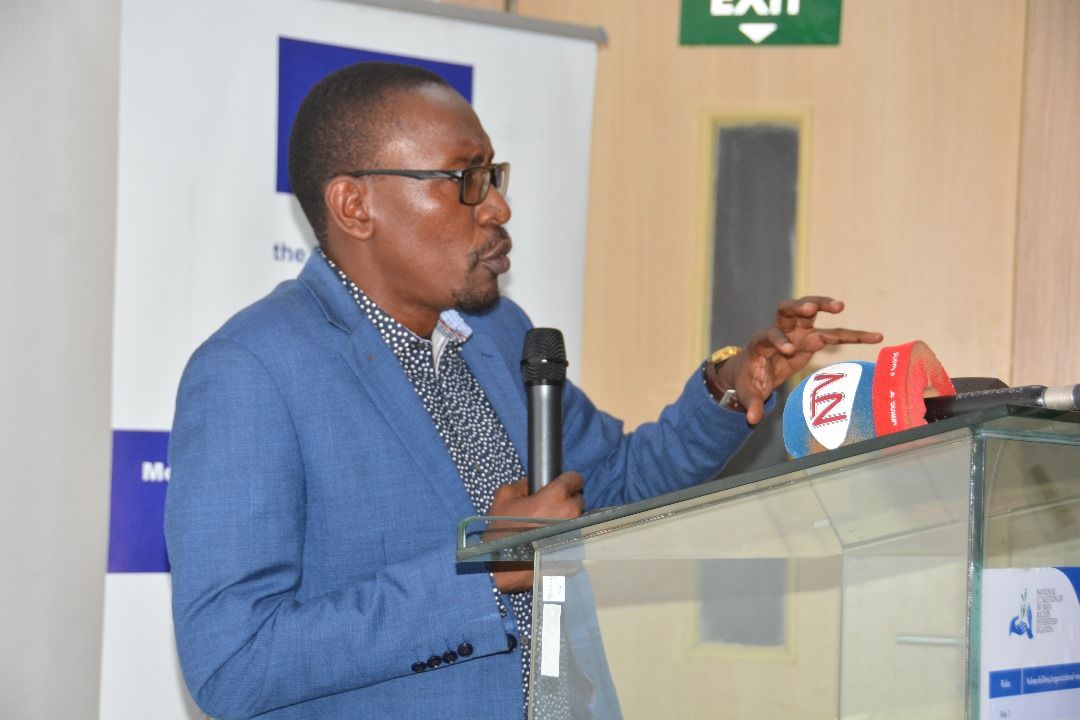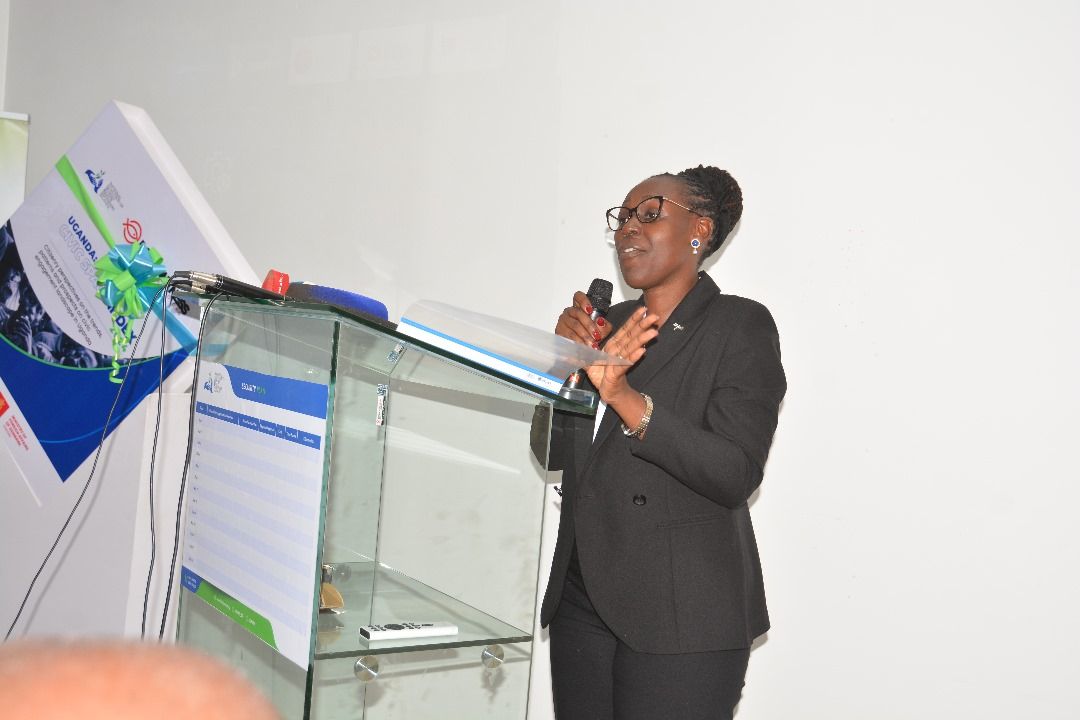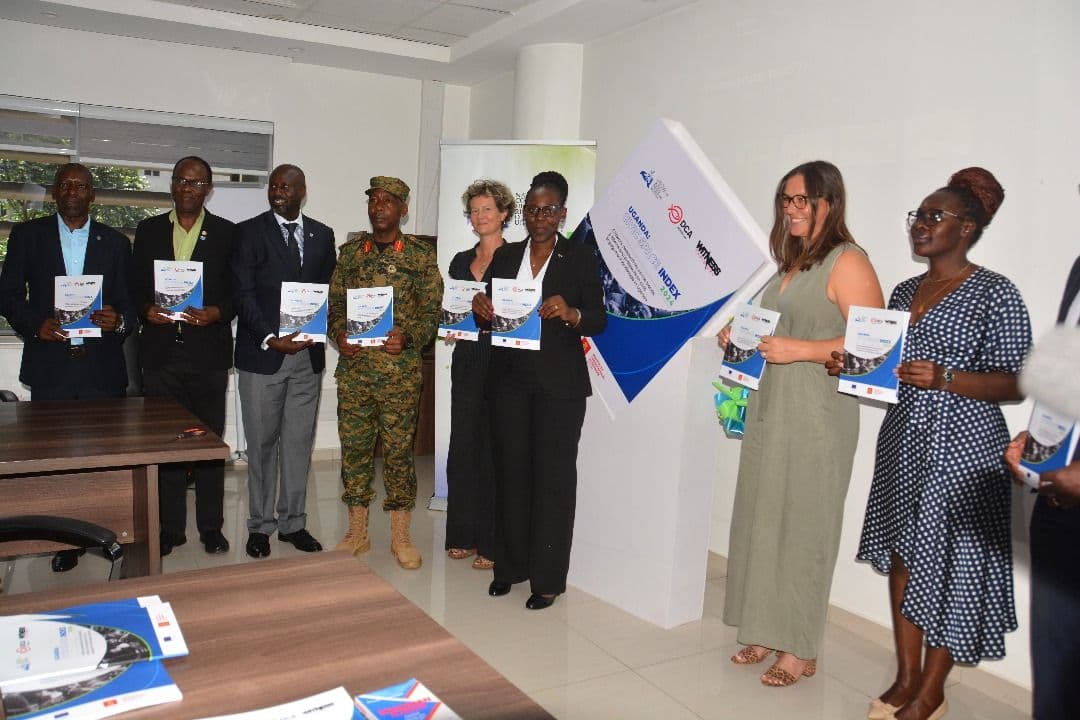Today marked the official launch of the Civic Space Index Report 2024, commissioned by the National Coalition of Human Rights Defenders Uganda (NCHRD-U), in collaboration with Witness Radio and with support from DanChurchAid. The report offers an in-depth look at the evolving state of civic space in Uganda from the perspective of citizens, shedding light on current challenges, trends, and areas for action by both state and non-state actors.

Speaking at the event, Laurianne Comard from the Delegation of the European Union to Uganda emphasized that the report is intended to support policymakers, civil society organizations (CSOs), and researchers in identifying areas for improvement and taking meaningful action. She also urged CSOs to strengthen collaboration and present a unified voice, while calling on the Government to actively listen to and address the concerns raised

Presenting the findings, Dr. James Nkuubi, the lead researcher, explained that the study assessed 13 key focus areas using three paradigms: Protected, Partially Protected, and Non-Existent. He noted that while Uganda has progressive laws on civic rights, their implementation often falls short, creating a disconnect between policy and practice.
Key Findings included:
- Decline in Civic Participation: Citizens are withdrawing from civic duties due to fear of state retaliation.
- Restrictive Environment for Journalists: Press freedom is under threat, particularly for female journalists facing increased intimidation and violence.
- Suppression of Assembly and Protest: Demonstrations, especially those concerning environmental rights such as opposition to the East African Crude Oil Pipeline (EACOP), are met with heavy crackdowns. Respondents reported fear of arrest or violence, prompting a shift to digital activism.
- Weaponization of Judiciary: The legal system is reportedly being used to expedite the arrest, prosecution, and detention of protestors, undermining justice.
- Disappearances and Fear: The "drone phenomenon" — enforced disappearances using unmarked vehicles — has instilled fear, discouraging political participation.
- Restricted NGO Activity: Organizations face bureaucratic hurdles, such as delays in obtaining recommendation letters from the Ministry of Internal Affairs, limiting their ability to register and operate.
- Digital Space Under Threat: Online platforms are partially protected, but citizens fear surveillance and potential internet shutdowns.

In her closing remarks, Esther Nabwire Waswa, Program Manager at DanChurchAid, emphasized the need to recommit to the principles of human rights and urged civil society to unify efforts rather than retreat. “This report is a starting point,” she stated. “We must build on it to create a resilient and healthy civic space.”
